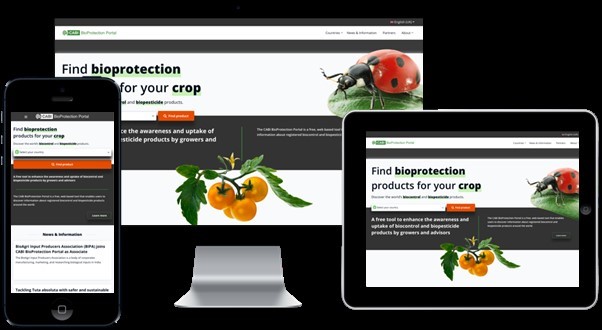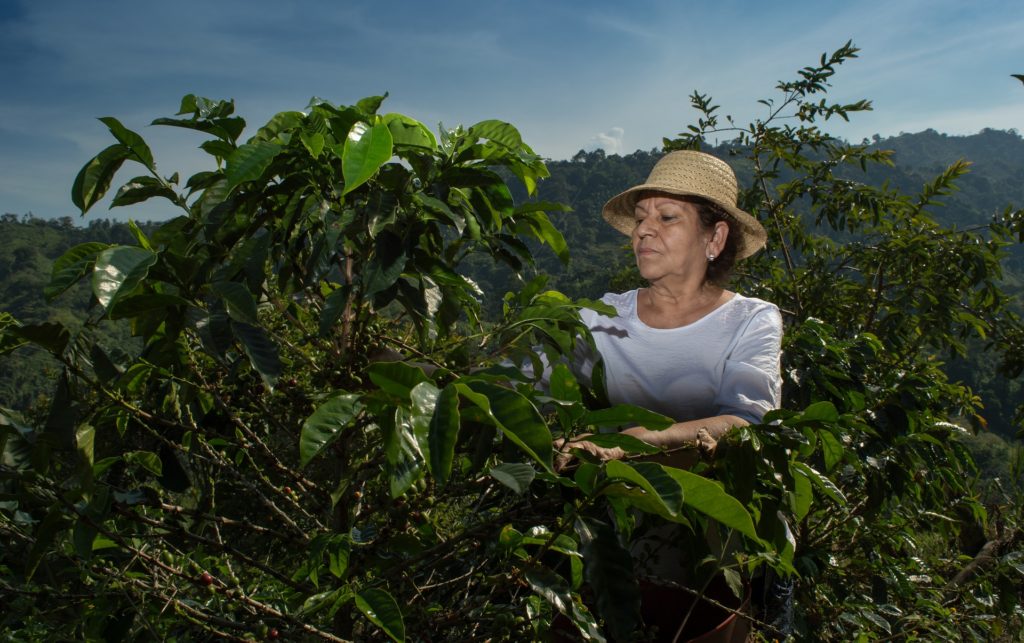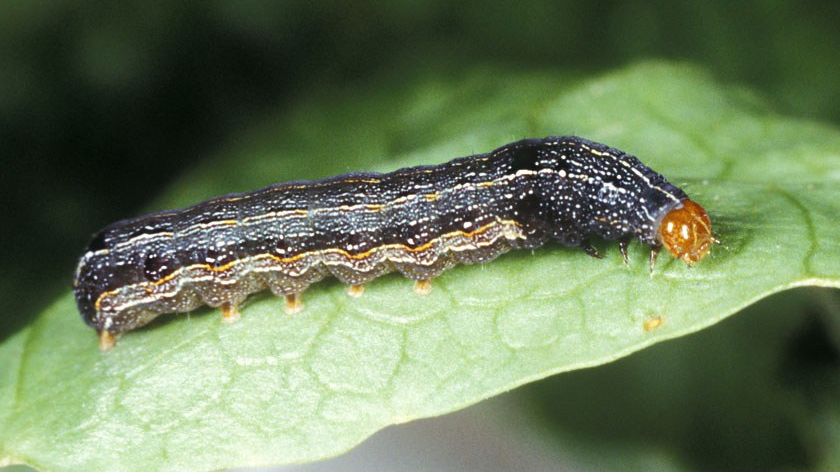BioProtection Portal benefits showcased at BioProtection Day conference
CABI has showcased the benefits of the CABI BioProtection Portal during a special Bioprotection Day conference in Brazil held virtually in collaboration with Embrapa Soja the Brazilian Agricultural Research Corporation. The CABI BioProtection Portal is a free web-based tool that enables users to discover information about registered biocontrol and biopesticide products around the world and…
The importance of biocontrol for big commodity crops in Brazil
This year is the International Year of Plant Health, described by the United Nations as “a once in a lifetime opportunity to raise global awareness on how protecting plant health can help end hunger, reduce poverty, protect the environment and boost economic development”. Together with Brazil’s agricultural research organization, Embrapa, CABI organized a webinar on…
CABI collaborates on innovative approach to tackling pesticide resistance evolution
CABI is joining an international team of scientists, led by the University of Stirling, to take a ‘revolutionary approach’ in attempting to tackle resistance to pesticides in insects with a specific focus on crops pests in Brazil. The £620,000 study will see UK-based Dr Belinda Luke working on the mass production of fungal biopesticides and formulation development…
UFSCar Participa dos Modulos de treinamento de Plantwise
O novo campus da Universidade Federal de São Carlos, localizado no sudoeste paulista, estabeleceu desde 2016 uma parceria com CABI Plantwise para integrar a rede nacional de entidades executoras das clínicas de plantas no Brasil. As clínicas de plantas são uma metodologia para oferecer serviços de diagnóstico e recomendação de problemas fitossanitários com enfoque no…
Participación de CABI en el “48 Congresso Brasileiro de Fitopatologia” en Brazil.
Texto preparado y editado por Martha Maria Passador y Javier Franco En el mes de Agosto del 2015, en los días 10 al 13, se realizó el “48ₒ Congresso Brasileiro de Fitopatologia”, en la ciudad de São Pedro, ubicada en el interior del estado de São Paulo. Este congreso se lleva a cabo anualmente en…
Update: Plant Health News (15 Jan 15)
Here’s a taste of some of the latest stories about plant health, including Crops in Brazil still suffering after last year’s drought, the Malawi farmers advised to diversify their crops and the gene that affects nitrogen fixation and yield of soybean. Click on the link to read more of the latest plant health news!
Update: New Pest & Disease Records (03 Sep 14)
We’ve selected a few of the latest new geographic, host and species records for plant pests and diseases from CAB Abstracts. Records this fortnight include the occurrence of Pectobacterium carotovorum subsp. carotovorum on banana pseudostems in the Brazillian state of Minas Gerais, fire blight disease on apricot and cherry plum in Hungary and identification of…
Plantwise knowledge bank well-received in Brazil
Last week, Cambria Finegold, Head of Project Development for the Plantwise knowledge bank, gave a seminar at São Paulo State University (UNESP), one of the largest agricultural universities in Brazil. The seminar, entitled “The Plantwise Knowledge Bank for research on Distribution, Identification, and Control of Agricultural Pests – Use and Potential” generated positive feedback from…
Update: Plant Health News (10 Apr 13)
Here’s a taste of some of the latest stories about plant health, including measures taken against Banana Xanthomonas Wilt in Tanzania, new citrus varieties released in Brazil and GM cotton linked to rise in aphid numbers. Click on the link to read more of the latest plant health news!
Bean and Gone – Controlling the Coffee Berry Borer Using Integrated Pest Management
The Coffee Berry Borer, Hypothenemus hampei, is a tiny beetle which is widely considered to be the most damaging pest of coffee plantations in the world. Originating in Africa, it is now found in almost all coffee growing areas in the world as an invasive species, with nearly 160 records from different areas worldwide on…




